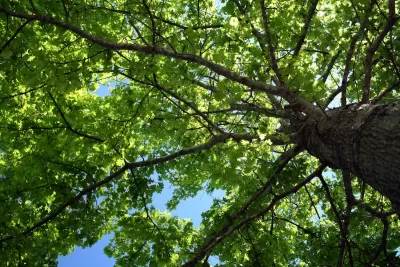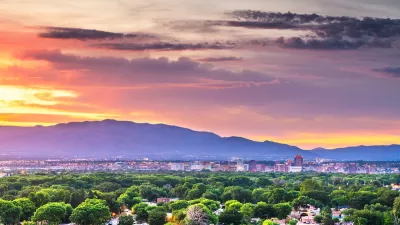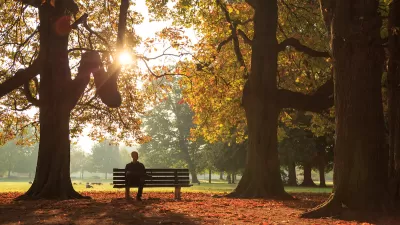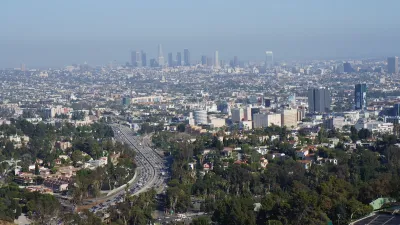The University of Southern California Urban Trees Initiative is planting 250 trees in South L.A. neighborhoods to improve shade, combat climate change, and enhance community well-being through collaboration and data-driven approaches.

The University of Southern California (USC) Urban Trees Initiative recently planted the first 27 of 250 planned trees in South Los Angeles neighborhoods, starting in the West Adams area during a community block party. This collaboration between USC, the Koreatown Youth and Community Center, and L.A. Sanitation and Environment brought together university faculty, students, community organizers, and residents to improve local green spaces. The project aims to enhance livability by addressing the need for shade and combating the effects of rising temperatures in underserved communities such as Adams-Normandie, University Park, and Exposition Park.
The initiative, led by the USC Dornsife Public Exchange, emphasizes equitable access to green spaces through data-driven approaches. Experts in geospatial sciences, landscape architecture, air quality, and community engagement work together to ensure a sustainable and inclusive effort. Professor Esther Margulies of the USC School of Architecture highlighted the importance of educating residents about the benefits of trees in mitigating climate change and fostering healthier neighborhoods. These efforts align with USC’s broader “Assignment: Earth” initiative, promoting environmental research and community-driven sustainability.
The event marked a significant milestone for the Urban Trees Initiative and USC’s sustainability “moonshot” spearheaded by President Carol Folt in 2022. This initiative integrates green research, education, and policymaking to address environmental challenges and improve quality of life in Los Angeles. By planting trees in historically underserved areas, the project fosters a collaborative approach to building resilience against climate change while creating greener, healthier communities.
FULL STORY: Initiative expands green spaces in South Los Angeles neighborhoods

Maui's Vacation Rental Debate Turns Ugly
Verbal attacks, misinformation campaigns and fistfights plague a high-stakes debate to convert thousands of vacation rentals into long-term housing.

Planetizen Federal Action Tracker
A weekly monitor of how Trump’s orders and actions are impacting planners and planning in America.

In Urban Planning, AI Prompting Could be the New Design Thinking
Creativity has long been key to great urban design. What if we see AI as our new creative partner?

Pedestrian Deaths Drop, Remain Twice as High as in 2009
Fatalities declined by 4 percent in 2024, but the U.S. is still nowhere close to ‘Vision Zero.’

King County Supportive Housing Program Offers Hope for Unhoused Residents
The county is taking a ‘Housing First’ approach that prioritizes getting people into housing, then offering wraparound supportive services.

Researchers Use AI to Get Clearer Picture of US Housing
Analysts are using artificial intelligence to supercharge their research by allowing them to comb through data faster. Though these AI tools can be error prone, they save time and housing researchers are optimistic about the future.
Urban Design for Planners 1: Software Tools
This six-course series explores essential urban design concepts using open source software and equips planners with the tools they need to participate fully in the urban design process.
Planning for Universal Design
Learn the tools for implementing Universal Design in planning regulations.
planning NEXT
Appalachian Highlands Housing Partners
Mpact (founded as Rail~Volution)
City of Camden Redevelopment Agency
City of Astoria
City of Portland
City of Laramie





























